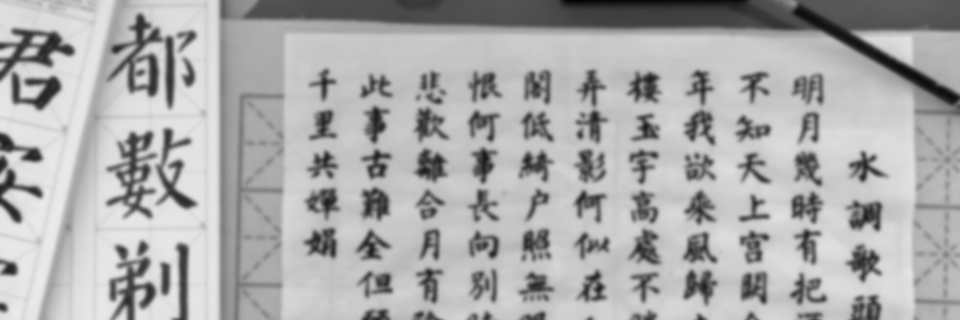The Third Plenum and China’s outbound tourism

Dear reader,
After a long delay, the Third Plenary Session of the CCP’s 20th Central Committee meeting has been announced to be held in Beijing during July 15-18.
After the death of Chairman Mao the 11th Party Congress of the CCP took place in August 1977, followed by the Third Plenum, which ushered in “Reform and Opening” in December 1978. All other congresses and Third plenums took with just one exception place in September, October or November. There are seven plena during the five-year period between party congresses. The most important ones are the first two dealings with appointed personnel, the third defining economic policies and the fifth deciding on the next five-year plan.
Therefore, after the 20th National Congress of the Chinese Communist Party in October 2022, it was expected that the Third plenum would give the answers how to tackle the multitude of economic problems China is facing in the post-pandemic period. However, the plenum was delayed by almost a year, with a period of political change in between that culminated in the abrupt removal of three ministers, with an ongoing property crisis, falling equities values and a worsening geopolitical relationship with Washington.
The Third Plenary Session of the Central Committee of Chinese Communist Party always has a potential to become a milestone moment in China’s recent history. Not only did the Third Plenary
Session of the CCP’s 11th Central Committee meeting in 1978 mark the beginning of the "Reform and
Opening Up" policy, the Third Plenary Session of its 18th Central Committee meeting in 2013 also saw the party vowing to push forward a comprehensive plan of structural reforms to achieve “socialist modernization”.
This year, Chairman Xi will deliver a work report outlining the key reforms to be implemented in the next 10 years. Many are anticipating the Session to conclude with a stimulus package powerful enough to lift China’s economy out of secular slowdown as well as supporting the new long-term development strategy connected to the term “new quality productive forces”.
Promotion of “new quality productivity” and “Chinese style modernization” will be central, meaning basically China’s economic transformation from previous real estate and infrastructure development and from export and investment driven economy to domestic consumption driven economy. If this can be successful in the face of overcapacity of many Chinese products remains to be seen. In any case some stimulation of the demand side of the economy, including monetary and fiscal policies to support consumption recovery can be expected.
Recently, the term “Reform and opening-up” has been mentioned again more often, with policies to be expected to reverse the negative trend of FDI inflows, to actively expand trade in intermediate goods, service trade, digital trade, and cross-border e-commerce exports, and to support private enterprises in expanding overseas markets and intensify efforts to attract foreign direct investment.
What does that all mean for China’ outbound tourism? Basically it is good news, as any strengthening of the consumption power of Chinese citizens will also increase their ability to pay for outbound trips. Supporting stronger international business will have a positive effect on the number of MICE and business travellers from China.
China is already heavily indebted on national, provincial and county level. How the stimuli will be financed and to which level private enterprises and international investors will really be given back economic wiggle room are unanswered questions and probably also after July 17th, 2024. Is China’s crisis coming to an end or have we witnessed China Peak already? Well, It ain't over till the fat lady sings.
As always, all best wishes from Prof. Dr. Wolfgang Georg Arlt and the entire COTRI INTELLIGENCE team!
